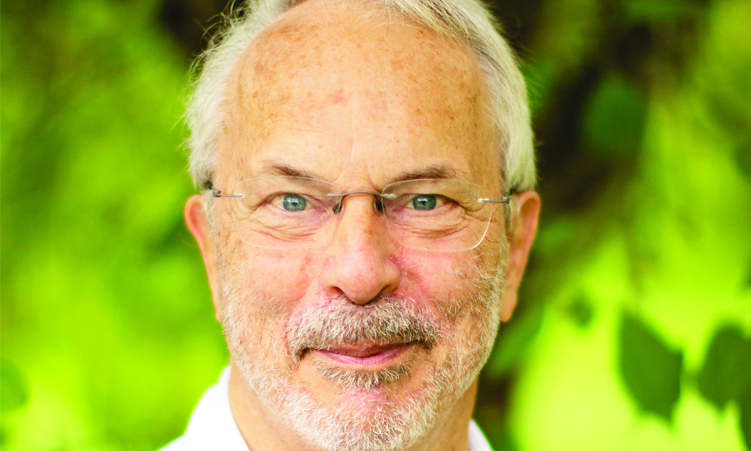President Hage Geingob’s response to Germany’s support of Israel’s war in Gaza has sparked international attention – not least in Germany.
It highlights the precarious, sensitive bilateral relations on the background of a shared colonial past, casting shadows in the present.
It borders on a tragic irony that, on 12 January, Germany took sides in defence of war crimes committed by Israel in the siege of Gaza.
On this day 120 years ago, what some would call the German-Namibian War started.
It culminated in the first genocide of the 20th century, decimating the Ovaherero, Nama, Damara and San.
This crime of crimes was acknowledged half-heartedly by Germany only in 2015.
The reluctant admission followed decades of denialism. Up until today, Germany has not offered a sincere apology.
DISCREPANCIES
Eight years ago, Germany entered into negotiations with the Namibian government.
These included the form of an apology, as well as limited recognition of genocide (“from today’s perspective”), to avoid legally binding consequences for reparations (a word deliberately omitted).
Germany is eager to close that chapter in its history once and for all by drawing a line under it with as little cost as possible.
This borders on a mockery of true remorse.
The lack of meaningful willingness on true reconciliation efforts adds insult to injury.
It is in marked contrast to Germany’s stance on the trauma created by the Holocaust and the continued remorse.
It has turned feelings of guilt into uncritical loyalty of an Israeli government at the expense of the Palestinian population.
The discrepancy in Germany’s handling of the cases of Israel and Namibia could not be much bigger. Notwithstanding the horrendous massacre committed by Hamas on 7 October 2023, one evil crime cannot excuse another evil crime.
Two wrongs do not make a right. Israel’s ongoing military aggression has cost the lives of tens of thousands innocent civilians, mainly women and children, maiming many more.
It is a deliberate act of forced replacement through scorched earth warfare.
Taking sides with such practices during a pending ruling by the International Court of Justice is debatable, to put it mildly.
Even more so from the perspective of those whose history includes genocide committed by Germans on previous generations.
NEW REALITIES
President Geingob’s strongly worded reaction reflects the emotions of many Namibians.
It is a mirror image of their feeling of being disrespected and humiliated.
The president’s statement is an indicator that parts of the so-called global South have had enough of Western hegemonic, asymmetric power relations seeking to impose their selectivity on others.
Nonetheless it is surprising that the president used rather undiplomatic language.
It will be interesting to see if and how German officials respond to his clear message.
Geingob’s intervention also touches on a precarious position of Namibia’s government.
The bilateral German-Namibian negotiations were over a past that remains structurally alive in the present, not least when it comes to the distribution and ownership of land.
Large areas were appropriated from local communities.
Germany has made no serious offers to revert property relations and address structurally anchored inequalities created by a brutal settler-colonial system which destroyed the livelihood of the colonised.
FRESH START?
This raises questions on how the Namibian government goes about the Joint Declaration.
An addendum was reportedly agreed on in December, adopting amendments to the draft of May 2021.
The endorsement of this revised document is expected to be announced soon.
It will be a slap in the face of the descendants of the main victim communities. They were excluded as direct participants and dismissed the negotiations in no uncertain terms, categorically rejecting the outcome.
The Joint Declaration is not in their name. Accepting it would also ignore the pending case in the Namibian High Court which challenges its legality.
Given president Geingob’s principled statement, such an agreement can hardly be any longer in the name of the Namibian government too.
It makes one wonder if there is room for a face-saving solution.
A fresh start could be an opportunity to correct mistakes by inviting the main agencies of the victim communities to the negotiating table.
President Geingob’s statement might well prove to be a useful turning point.
– Henning Melber joined Swapo in 1974. He is an extraordinary professor at the University of Pretoria and the University of the Free State in Bloemfontein.
Stay informed with The Namibian – your source for credible journalism. Get in-depth reporting and opinions for
only N$85 a month. Invest in journalism, invest in democracy –
Subscribe Now!






